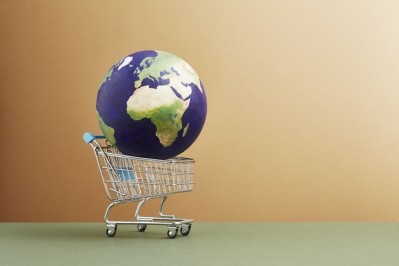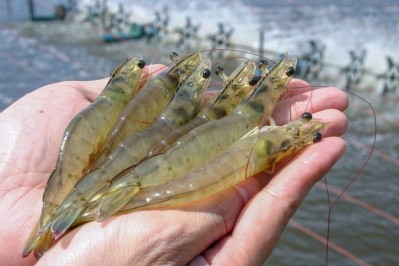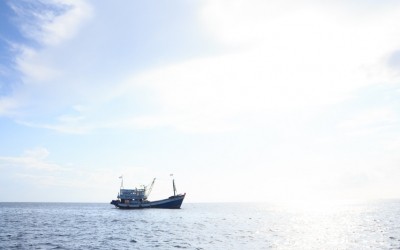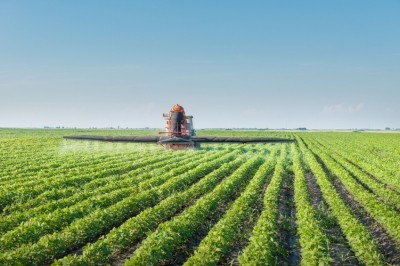CPF looks to reduce fishmeal levels in shrimp feed
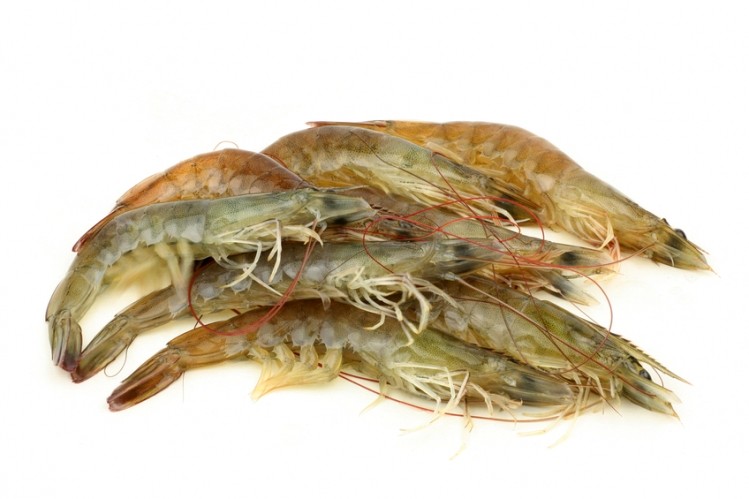
DVM Sujint Thammasart, chief operating officer for CPF's aquaculture business, said protection and conservation of marine resources is behind the objective, announced on Friday (21 July).
CPF has managed, over the past 20 years, to reduce the fishmeal level in its shrimp feed to 7% from 35%, he said.
The company is focusing on innovation in its shrimp feed formulation and a shift from black tiger shrimp to Vannamei shrimp farming to further reduce fishmeal inclusion levels, he said.
Penaeus vannamei has generally lower nutritional needs than black tiger shrimp, including protein levels, according to the FAO.
CPF purchases fishmeal for shrimp feed from suppliers of by-products of processing plants like Surimi, canned tuna and fish ball plants, but also from by-catch subjected to the sustainability and traceability rules under IFFO Responsible Supply Chain of Custody (IFFO RS COC), he added.
The company has also committed to maximizing marine resource use by aligning with various organizations in Thailand to restore marine fertility.
Worker rights
CPF has been engaged in activities over the past few years to assure markets its fishmeal supply chain is free from illegal labor.
Last month, it became a member of a global coalition: Seafood Business for Ocean stewardship (SeaBOS). That project, involving the world’s largest feed and seafood companies, aims to lead a global transformation towards sustainable seafood production.
The coalition has pledged to work diligently to eliminate IUU products and any form of modern slavery in its supply chains. The companies want to develop a code of conduct for their own operations and for their suppliers, in order to deliver on those pledges, while working towards full traceability and transparency throughout their supply chains.
They have also pledged to make efficient use of aquaculture feeds and to use fish feed resources from sustainably harvested stocks.
SeaBOS consists of the two biggest seafood companies by revenue, Maruha Nichiro and Nippon Suisan Kaisha, two of the biggest tuna players, Thai Union Group and Dongwon Industries, as well as the two biggest aqua feed producers, Nutreco as parent company of Skretting and Cargill Aqua Nutrition. The two biggest farmed salmon companies, Marine Harvest and Cermaq, a subsidiary of Mitsubishi, and the Japanese tuna purse seine company, Kyokuyo are also signatories.
